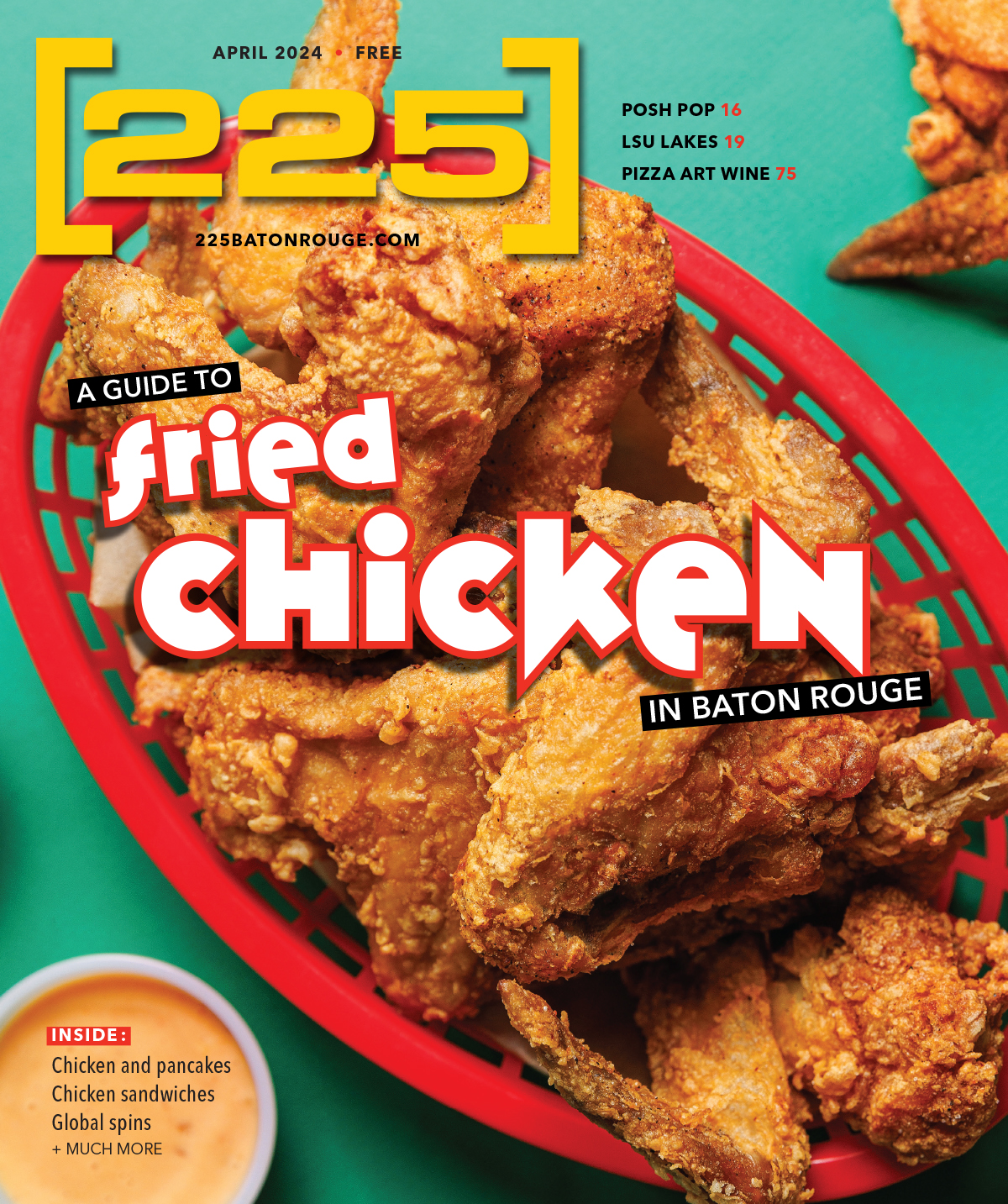Writers often talk about writer’s block, especially when they’re suffering the kind of symptoms that make people take a lot of sick days from work. The symptoms change from writer to writer, but it sometimes feels like there’s just no getting better.
“Writer’s block is a catch-all term for a complex phenomenon,” says local author Ronlyn Domingue. “Sometimes it’s procrastination, common as a cold. Other times, it’s fear—of a blank page’s void, the absence of a voice, an assumption of one’s own triteness. It can also be a gap between what the writer knows and what the work has yet to reveal.”
Others describe the condition as an intense period of creative blockage—even a painful one. Maurice Ruffin is an author whose stories have been recognized in the recent Faulkner-Wisdom Competition. “Before I realized I was a writer and accepted it, I would go through long stretches without writing anything,” he says. “The urge to write would build up in me, and I’d let it out at once. I would loudly proclaim that I didn’t experience writer’s block—a silly, imaginary problem. I wish I could go back and put a hand over my own mouth.”







